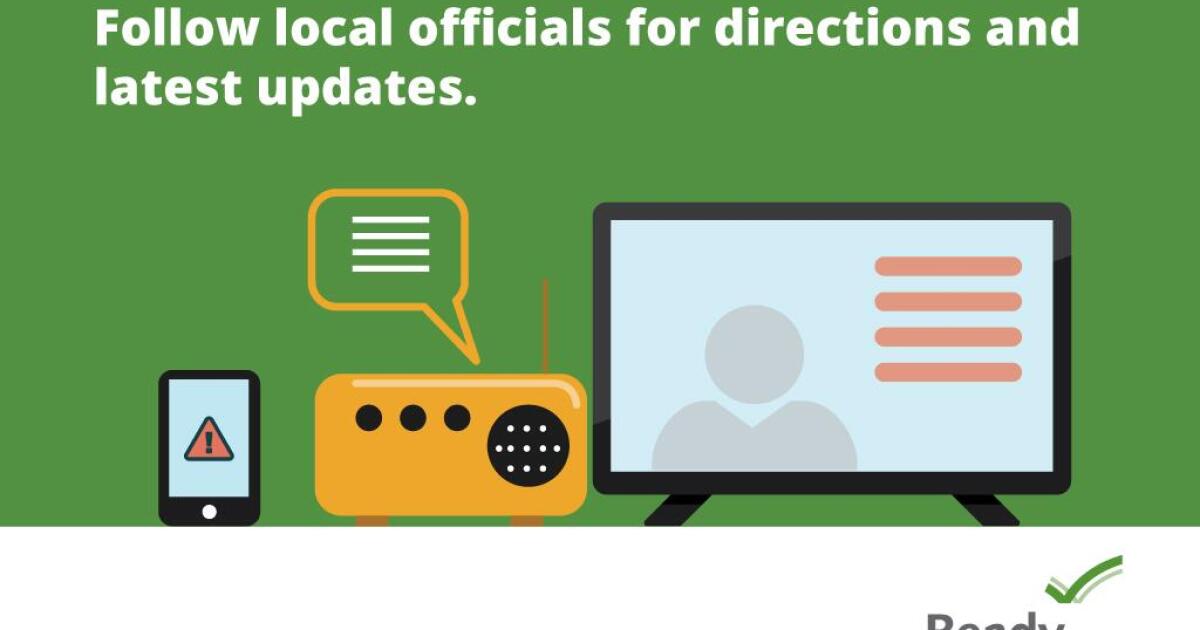


With today's technology, anyone is able to receive weather alerts instantaneously through a personal device, in addition to traditional media like radio and television. But in an emergency situation when access to these mediums may be limited, a decades-old tool may be your best bet. NOAA Weather Radio All Hazards (NWR) provides warnings, watches and hazards information in English and Spanish 24 hours a day, even when other means of communication may fail.
Called the "voice of the National Weather Service," this public service provides a comprehensive single source of weather and emergency information. During an emergency event, routine weather coverage will be interrupted with important forecasts and warnings. The Florida Division of Emergency Management recommends that Floridians utilize NWR not just during an emergency event, but at home, at work, while traveling or while boating and camping. In addition, NWR may broadcast critical messages outside of severe weather, including environmental threats and public safety alerts. NWR operates a total of 32 stations in Florida, from Key West to Pensacola.
NWR broadcasts cannot be heard on a typical AM/FM radio. Instead, a special weather radio with access to the VHF public service band much be used to pick up the frequencies NWR broadcasts on. Though the National Weather Service does not manufacture or endorse any particular model of weather radio, it does offer guidance on what to look for when shopping for one. It recommends consumers look for a model that sports the "Public Alert" and/or the "NOAA Weather Radio All Hazards" logo. Many models are battery powered and built to power through an emergency situation.
Now is the time to make sure you have everything you need, including a weather radio, before disaster strikes.
9(MDA5NDY0MjA5MDEzMzcwMjQ4MTUxZWMwMg004))
1885 Stadium Road
PO Box 118405
Gainesville, FL 32611
(352) 392-5551
A service of WUFT at the University of Florida College of Journalism and Communications
Partners of the Florida Public Radio Emergency Network include: Florida's Division of Emergency Management, WDNA (Miami), WFIT (Melbourne), WMFE (Orlando), WFSU (Tallahassee), WGCU (Fort Myers), WJCT (Jacksonville), WKGC (Panama City), WLRN (Miami), WMNF (Tampa-Sarasota), WQCS (Fort Pierce), WUFT (Gainesville-Ocala), WUSF (Tampa), WUWF (Pensacola) and Florida Public Media.
This page uses the Google Privacy Policy and UF's Privacy Policy
